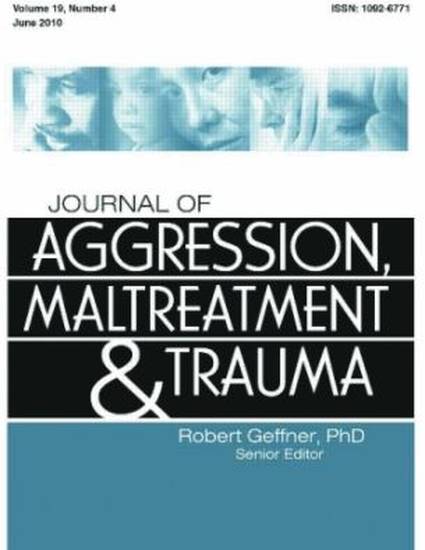
Article
Emotional Constriction and Risk for Posttraumatic Stress: The Roles of Trauma History and Gender
Journal of Aggression, Maltreatment & Trauma
(2012)
Abstract
Research suggests there are qualitative differences in emotionality across gender, with men being more emotionally constrictive than women. Constrictive emotionality has consistently been linked to posttraumatic stress disorder (PTSD) and because men are generally more emotionally constrictive, one could infer they are at increased risk for PTSD. However, research demonstrates that twice as many women are diagnosed with PTSD than men. In an undergraduate sample, men reported significantly greater emotional constriction, but significantly less posttraumatic stress severity in comparison to women. The gender differences in emotional constriction disappeared in a subsample of students who endorsed experiencing an upsetting event. Emotional constriction mediated the relationship between trauma and posttraumatic stress severity, although it was a stronger mediator for women than men.
Keywords
- emotional constriction,
- emotionality,
- gender differences,
- posttraumatic stress,
- PTSD,
- trauma
Disciplines
- Psychiatry and
- Psychology
Publication Date
2012
DOI
10.1080/10926771.2012.631165
Citation Information
Christine E. Valdez and Michelle M. Lilly. "Emotional Constriction and Risk for Posttraumatic Stress: The Roles of Trauma History and Gender" Journal of Aggression, Maltreatment & Trauma Vol. 21 Iss. 1 (2012) p. 77 - 94 Available at: http://works.bepress.com/christine-valdez/15/
